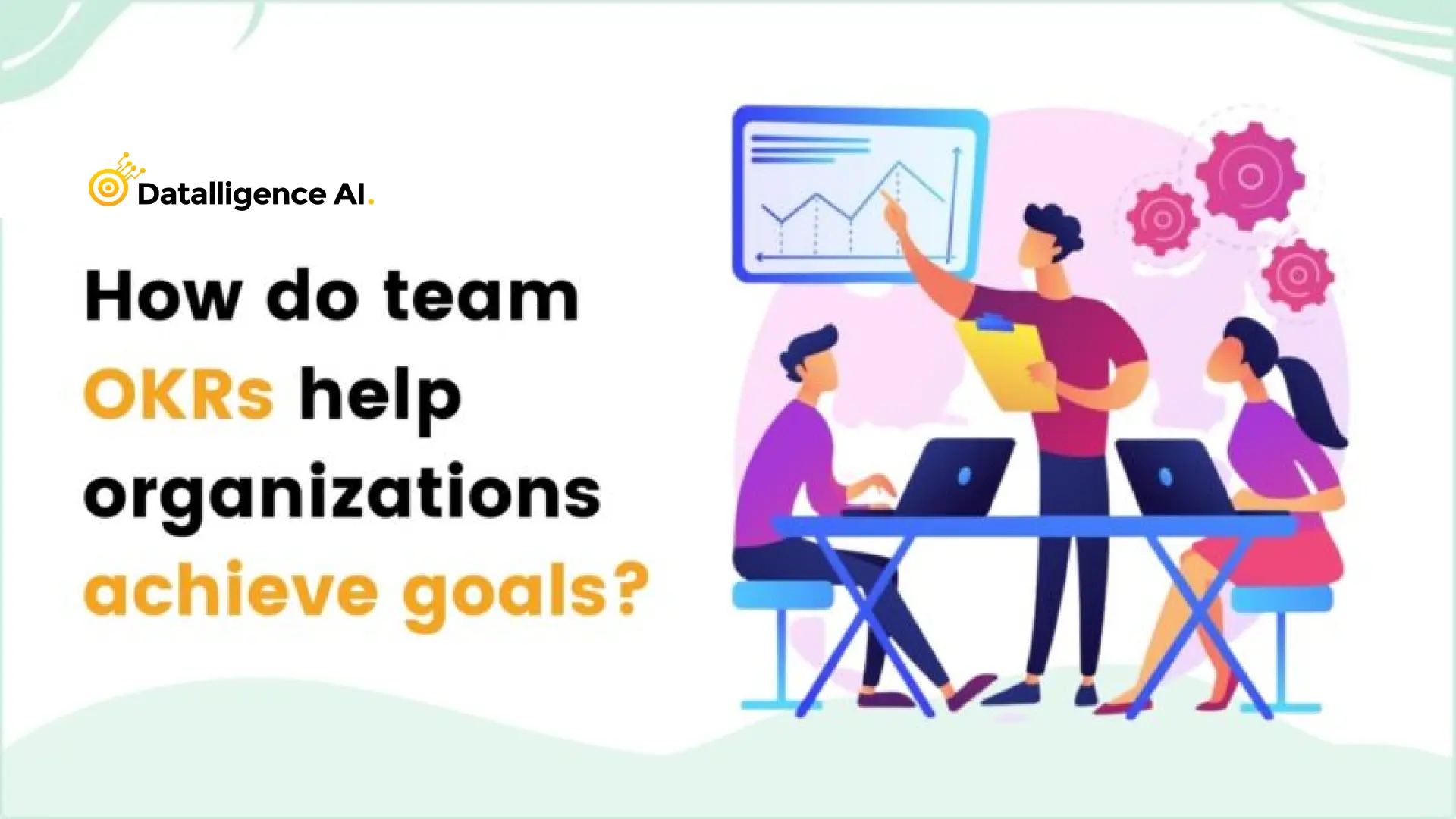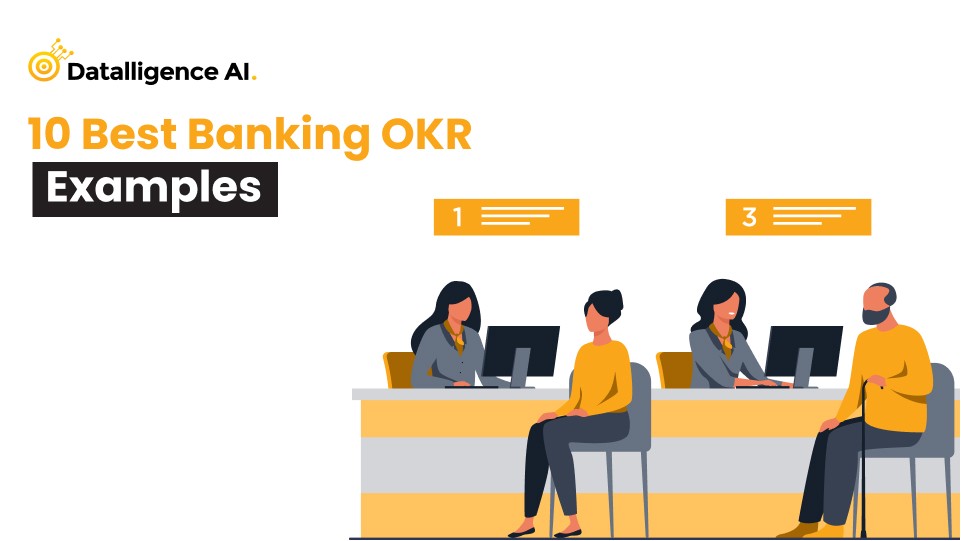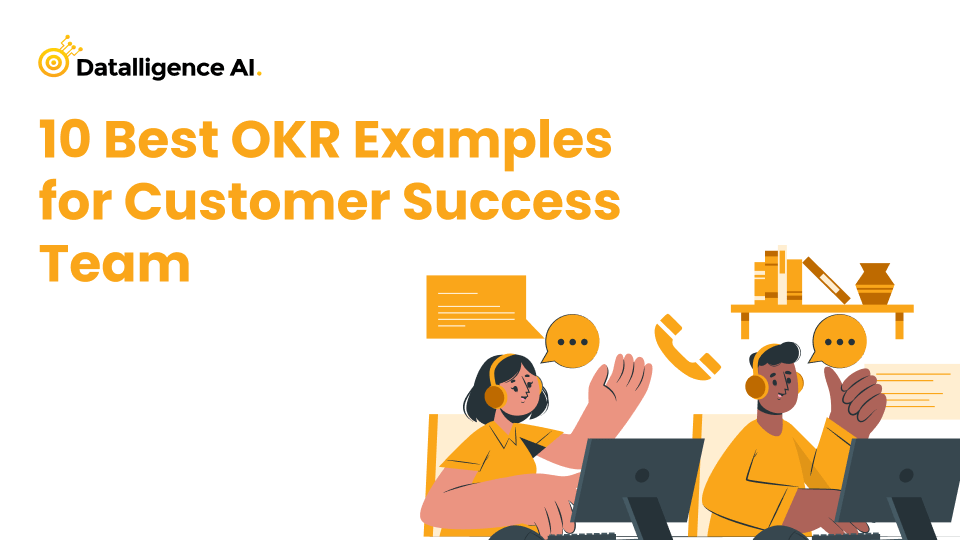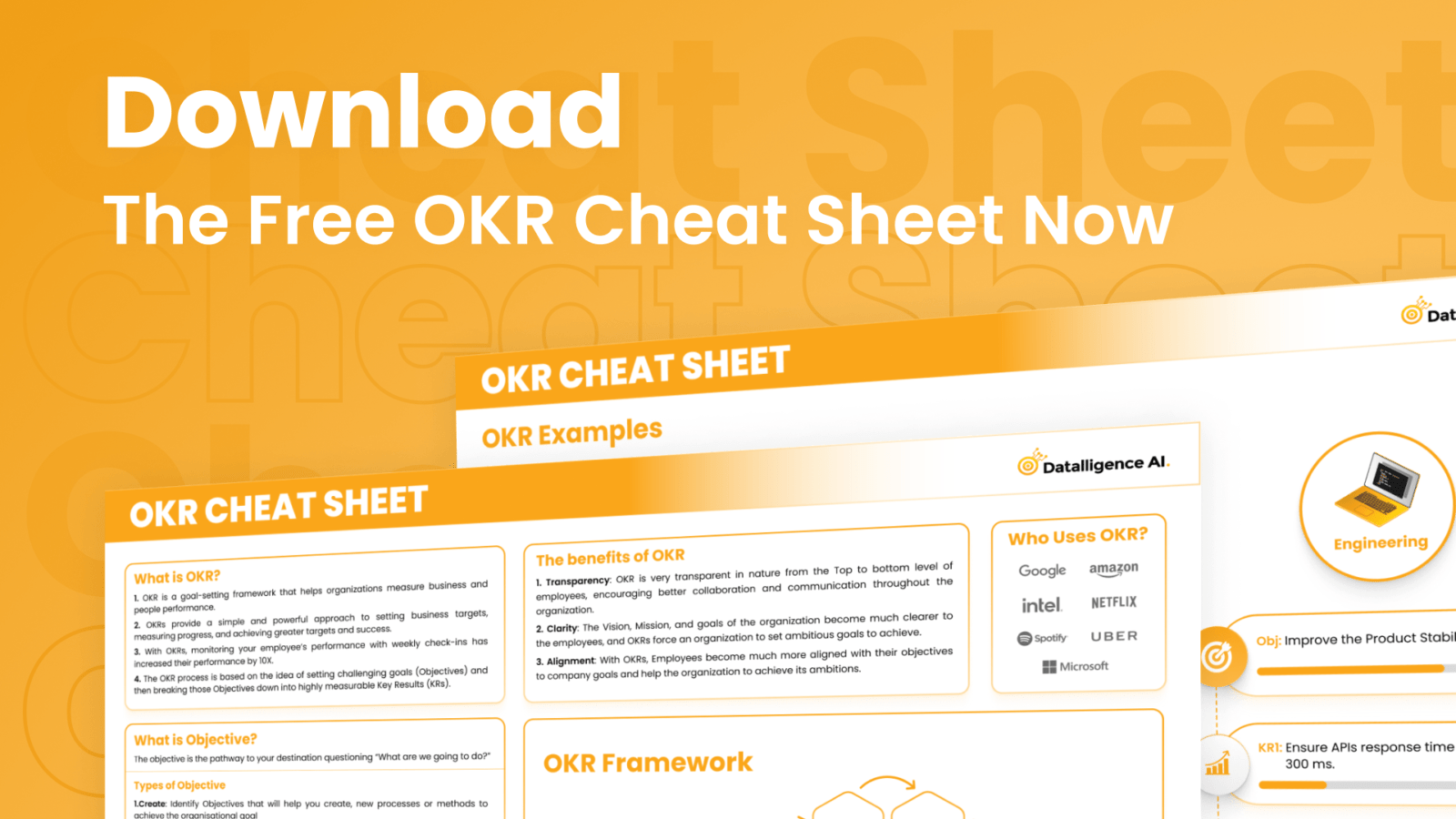Objectives and Key results, or OKRs, have become one of the most preferred frameworks for most organizations. OKRs can be an important tool for dynamic teams that plans and measure their success.
Objective defines “what” has to be done and Key results help us understand “how” we need to achieve the objective. These OKRs help us to be aspirational and inspirational. As per the Harvard Business Review OKRs are the most effective goal-setting tool for the teams.
OKRs are designed to be interconnected, making it essential to establish them across the entire organization. While individuals set their own OKRs for personal development, most should align with and contribute to the organization’s overall goals.
The organization’s OKRs help in setting the baseline for the expected business outcomes. Further from here, individual departments derive their OKRs and then cascade further to their teams and then to individual team members. While these are being derived, it is extremely important to have team OKRs. This brings in team strength and shared responsibility. Also, certain organizational OKRs bear better results when set as team OKRs.
Why team OKRs are important?
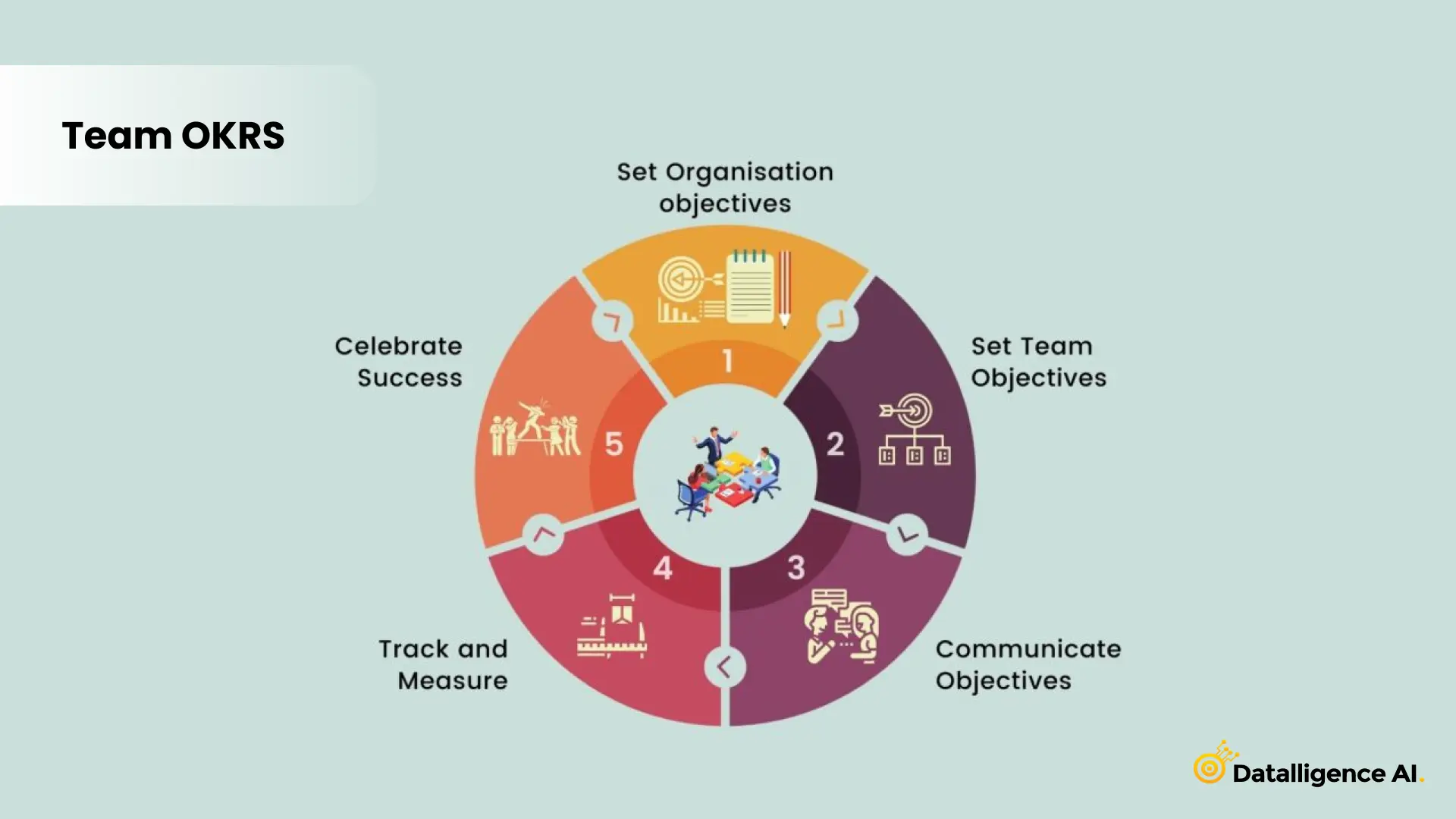
Team OKRs are those which help the organization in translating the goals to results. If the goal set for the team is right and is also aligned to the right company objective, it gives the key stakeholders visibility of how the objective is progressing. As OKRs have a shorter cadence, we can constantly review and add the right inputs that are required for the growth.
Team OKRs bring the team together, motivate them to work effectively, and enhance focus and accountability. Peer-to-peer motivation and working toward shared goals create an engaging and rewarding journey.
While setting up OKRs, the primary focus should be on growth. OKR software makes it easy to align and monitor OKRs constantly. It could be as an individual or as a team or a company, but remember that these three growths may not be achieved in one hit. While setting up objectives, you need to ask yourself these questions;
• Are we doing something new?
• Are we doing something different?
• Are we doing a significant amount of work than before?
After having set the OKRs, it then moves further to monitoring how and by when we achieve them. Monitoring plays a major part in setting the OKRs. While monitoring happens after having set the OKRs, the key factors that determine how well the OKRs are set are the monitoring mechanism, periodicity, and the outcome measurement.
There have to be clear and concise OKRs derived for Team OKRs because this impacts the overall team’s performance. A checklist is useful to govern the process.
Are the goals of departments/individuals connected with the company’s goals?
• Are key results (metrics) directly linked to priorities?
• Does everyone on the team have three priorities or less?
• Are all objectives agreed upon and clearly defined?
• Are all employees aware of their metrics and understand them?
To briefly look at the history, approach for organizational management OKR was introduced the first time in Intel. From 1999, when Google started to use it, many companies in different fields and scales such as LinkedIn, GE, Salesforce, Netflix, GoPro, Facebook, Amazon, Walmart, Target, The Guardian, Dun and Bradstreet, and ING Bank also implemented it.
These are big names and established organizations, a few of them conglomerates, which have been successful in setting OKRs and course-correcting wherever necessary. Using OKR Software makes organizations agile and transparent and helps course-correcting easily. It has to be noticed that OKRs are neither confined to a particular industry nor the size of an organization. It is an enabler in itself at any given point and a strong tool to moderate and accelerate business growth and profits.
Feel free to browse our products session to have a glimpse of what we offer.
Reach out to us at https://datalligence.ai or write to us at cs@datalligence.ai to implement OKR based performance management.

